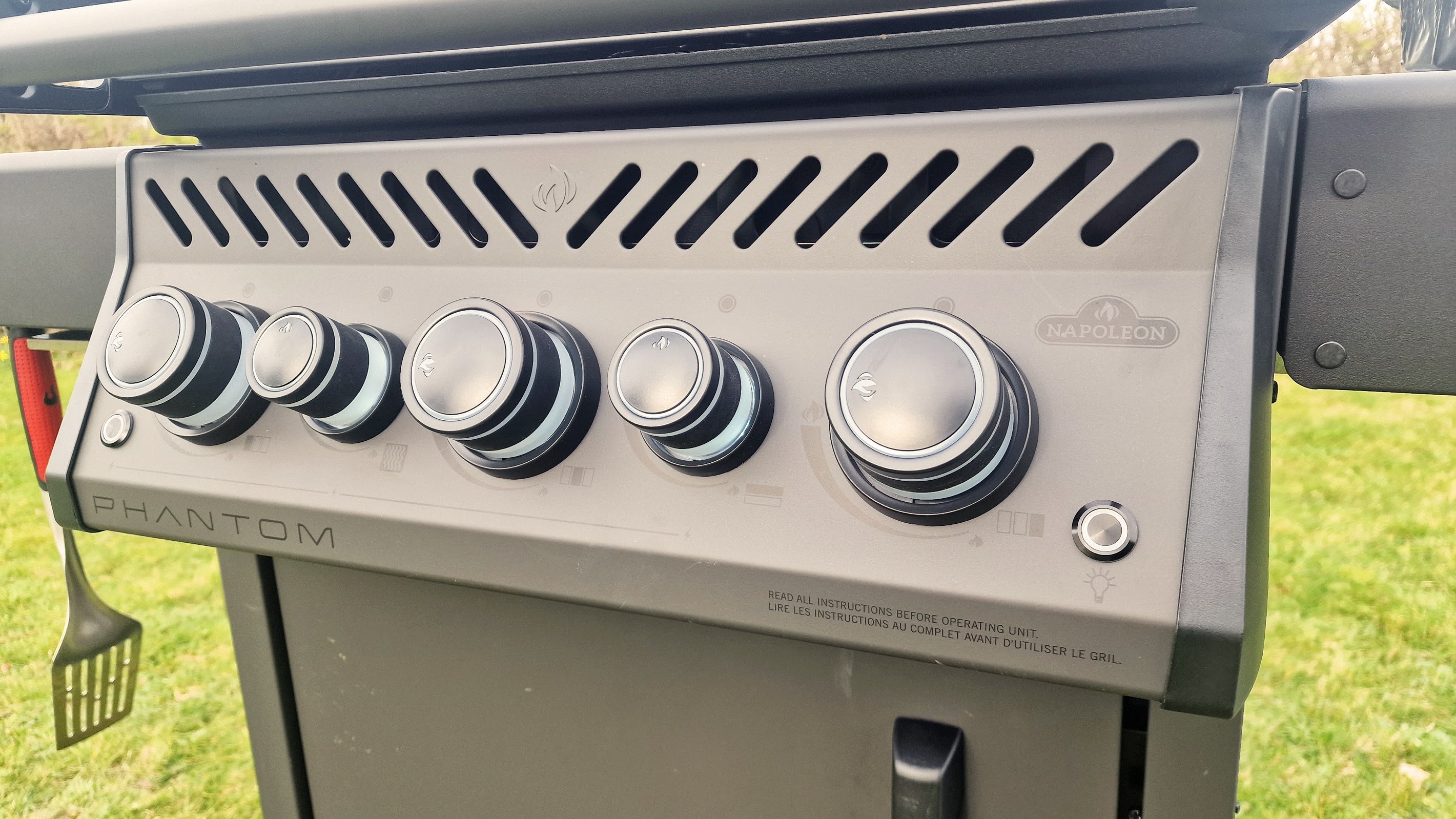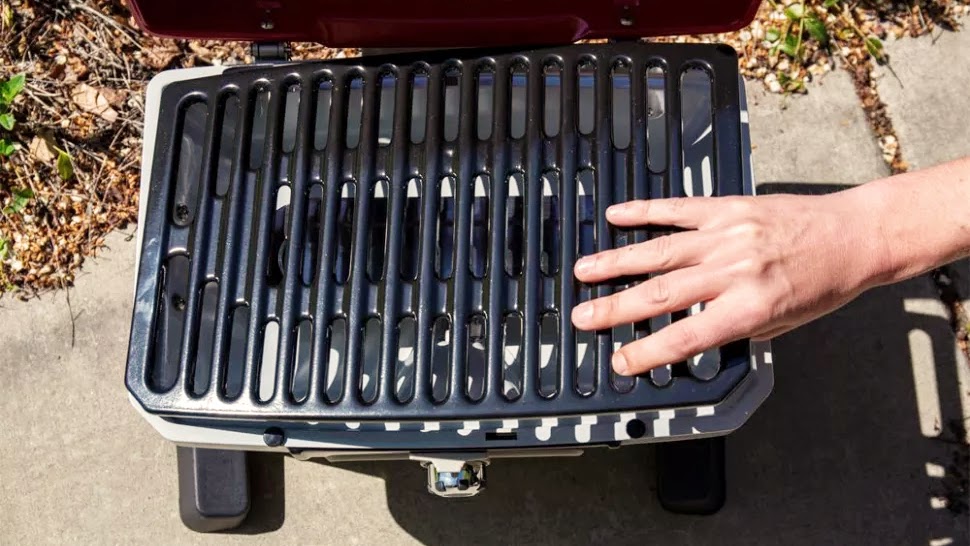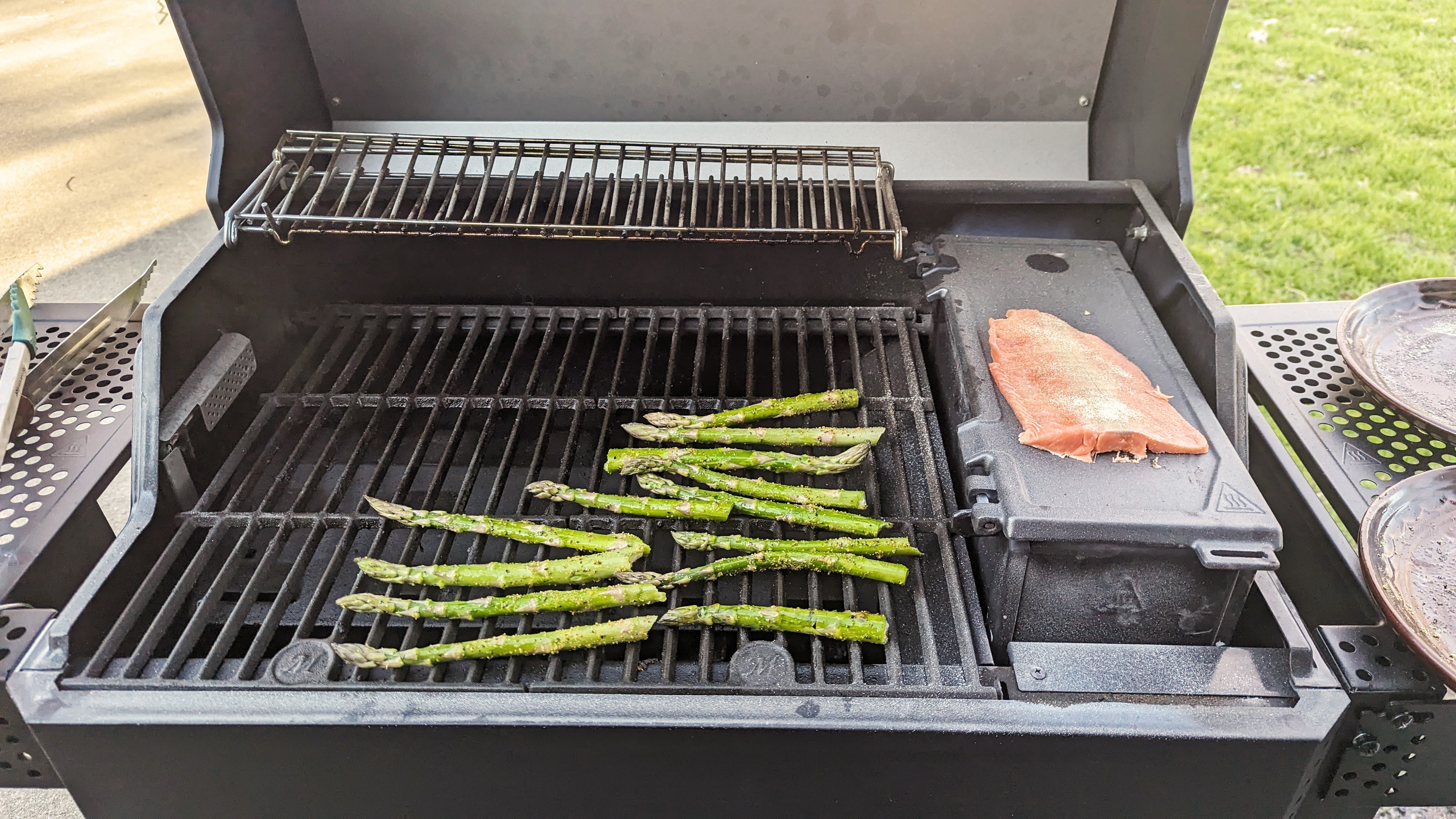Gas grill vs charcoal grill: which is the best choice for your next cookout?
Hotting up the gas vs charcoal grill debate so you can choose the right one for your cookout.

There’s no doubt that barbecue season is well underway, but when it comes to purchasing a gas vs. charcoal grill, you might have a little more hesitancy about which to choose. So that you can have the best grilling experience possible, we’ll outline the hottest models of each type for you to consider and the pros and cons of each variation.
That includes deliberations on price, the healthiness of gas vs charcoal grilling, and the difference in taste. Of course, the best gas grills are known for their ease of use and consistent results, but smokiness is a specialty of charcoal grills and is a very sought-after feature.
Cookouts in your backyard are sure to be vastly improved with your new purchase, no matter which grill you go for, with succulent meats and roasted vegetables for yourself and your guests.
Gas vs charcoal grill: Taste
Charcoal grills are known for providing a unique smoky flavor that gas grills cannot replicate. The smoky flavor is produced when drippings from meat or vegetables fall onto the hot coals and become flavorful steam that is absorbed back into the food. This flavor is why some people prefer charcoal grills over gas grills, even though charcoal grills are often more expensive.
The high temperature of charcoal grills is also vital for creating a mouthwatering, smoky taste. However, the smokiness can sometimes be overwhelming and limit the grill's flexibility. On the other hand, gas grills allow for greater control over the temperature and are more suitable for those who prefer to experiment with different flavors. A smoker box can be added to a gas grill for smoky flavor.
Gas vs charcoal grill: Heat-up time
Gas grills are convenient as they light up almost instantly and reach cooking temperature in just a few minutes. In contrast, charcoal grills require about 15-20 minutes to get the proper cooking temperature and the time it takes to light the briquettes.

Gas vs charcoal grill: Temperature control
Gas grills are perfect for those who want to grill quickly or need precise temperature control, as they allow for easy temperature adjustment. On the other hand, charcoal grills require more skill and attention to maintain the desired temperature.
Sign up to receive the latest news, reviews, buying guides and deals direct to your inbox
Gas vs charcoal grill: Maximum temperature
Charcoal grills are known to reach higher temperatures compared to gas grills. Achieving a temperature of at least 600 degrees Fahrenheit is necessary for a perfect sear on meat, and charcoal grills can reach up to 700 degrees Fahrenheit, making it easier to achieve that perfect sear. Although gas grills can reach these temperatures, they are more expensive.
Gas vs charcoal grill: Ease of use
Gas grills are more straightforward to use than charcoal grills, as they only require turning a few knobs, making them perfect for quick grilling sessions. Meanwhile, charcoal grills demand more effort to get started and maintain.

Gas vs charcoal grill: Cleanup
Gas grills are easier to clean than charcoal grills. After using a gas grill, you only need to wipe down the grill grates. On the other hand, with a charcoal grill, you'll need to remove and dispose of the ashes after each use. This extra step can make cleaning a charcoal grill more of a hassle. So, if you're looking for an easy-to-clean grill, a gas grill might be your better choice.
Gas vs charcoal grill: Cost
Charcoal grills are typically cheaper upfront, but charcoal can be more expensive in the long run. On the other hand, while gas grills are more expensive initially, they can be cheaper to operate, mainly if you use natural gas. The cost of your grill will depend on how often you plan to use it and the fuel costs associated with it.
Gas grills have a higher startup cost but are more cost-effective in the long run. Charcoal grills may be cheaper initially, but charcoal costs increase over time. Natural gas grills have the lowest running cost but require professional installation, so propane gas grills are an excellent middle ground and will last longer than charcoal.
Gas vs charcoal grill: Environmental impact
Both types of grills produce smoke and gases, but the impact varies. Gas grills emit half the carbon dioxide of charcoal alternatives, and while they're not sustainable, they certainly perform a little better for the planet. Charcoal, on the other hand, is made from sawdust from sawmills that would otherwise be wasted and is considered a renewable resource. However, charcoal emits far greater levels of carbon emissions than gas grilling.
The best gas grills have a lower immediate impact on the environment because they don't produce as much pollution but also use fossil fuels. To make charcoal grilling less harmful to the environment, ensure you get the purest lump of charcoal in reach, reduce the added chemicals you're burning, and source it locally if possible.

Gas vs charcoal grill: Health concerns
Grilling meat can potentially be harmful due to the carcinogenic risk of excess smoke. Gas grilling reduces the likelihood of creating these carcinogens, making it a healthier option. Despite this, barbecues don't have to be unhealthy, as plenty of vegetables and salads can complement your cookout. If you're health-conscious, consider incorporating more vegetables and grilling with gas to reduce the risks associated with frequently grilling meat.
Gas vs charcoal grill: Practicality
Reviews
Whirlpool 24" Stainless Steel AI Dishwasher Review
Napoleon TravelQ PRO285 Portable Gas Grill review
Dreame L40 Ultra Robot Vacuum Cleaner and Mop review: almost hands-free cleaning
GE Profile Smart Mixer with Auto Sense review: a powerful, thorough mixer
Echo eForce DPB-2500 review: a leaf blower as a snow removal tool?
DPAS-2100 + Pro Paddle Attachment review: a new way to remove snow this winter?
Midea MAD53109APK 5.5QT Air Fryer review: a small, simple, and highly effective option
Eureka J15 Pro Ultra Robot Vacuum review: hands-free cleaning for busy families
If you plan to use your grill often, consider the practicality of each option. Gas grills are the safer choice as they require just a simple ignition to get started and won't take too long to preheat. The Weber Spirit II E-310 Gas Grill is a favorite for easy grilling and has super-speedy cooking times.
On the other hand, charcoal grills require more technical skills, such as adequately lighting up your coals. If you're a smoky barbecue enthusiast, this ritual is part of the fun. However, charcoal grills are more challenging to clean as the burnt charcoals need to be extinguished and emptied before you can start.
Gas vs charcoal grill: which is better?
After analyzing the pros and cons of gas and charcoal grills, it's clear that gas grills come out on top as the overall winner. While charcoal grills provide a unique smoky flavor, gas grills offer greater convenience, temperature control, and ease of use. Additionally, gas grills heat up faster, are easier to clean, and have a lower environmental impact. Health-conscious individuals can also benefit from gas grilling, as it reduces the carcinogenic risks associated with excess smoke. With all these advantages, it's clear that a gas grill is a practical and cost-effective choice for those who love to grill.
Almost every area makes a convincing case that gas grills are the best choice for the everyday home. Particular triumphs of gas grills include their easy-to-use features and the fact that they will harm your wallet and the environment slightly less than their charcoal counterparts. There’s also a great range of gas grills, including portable options (like this mini Weber Q1200 model) and monster units with huge cooking areas.
However, for those who prefer to follow tradition and their taste buds, charcoal grills have a certain advantage due to their high temperatures and smokiness, despite the fact that they are more difficult to use. In the end, as with what you choose to put on your grill, personal preference is the real deciding factor in this debate, though favor does seem to weigh heavily towards gas grills.
Molly is the Staff Writer for the Home Section at Top Ten Reviews, joining the team after finishing college. When she's not writing she enjoys baking and embroidery, as well as getting stuck into a good book. She now enjoys writing about kitchen appliances, gardening tools, and will even dip her toe into writing about fridges and ovens.

